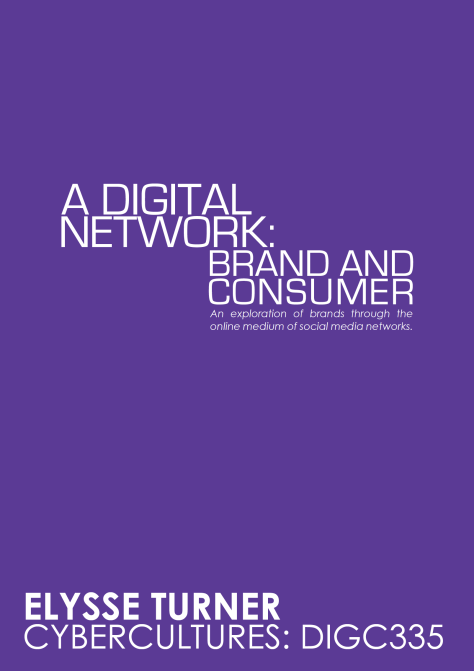Contextual Essay:
Concept
Growth (Deluxe) is a musical project that mostly explores spiritual aspects of love, peace and happiness, while briefly, in a bonus song, touching on our material and philosophical relationship with technology. I want to invite the listener to grow as an individual, and inspire them to progress with meaning and be happy. By impacting one person, in consequence a ripple effect could occur for 10, 15 or 20 years. Imagine the inspiration of one human to change themselves, inspiring someone else!
Methodology
The project is F.I.S.T, (fast, inexpensive, simple and tiny). It was put together by using free recording software and a relatively cheap Blue Yeti microphone. I recorded the Whole project at home so there was no paid for studio time. I did all the editing and mastering on each track. To post my songs, I used Sound cloud, a free platform for artists.
Research
The…
View original post 446 more words






